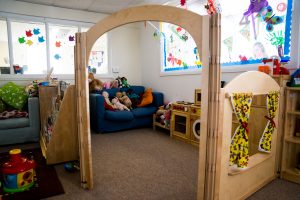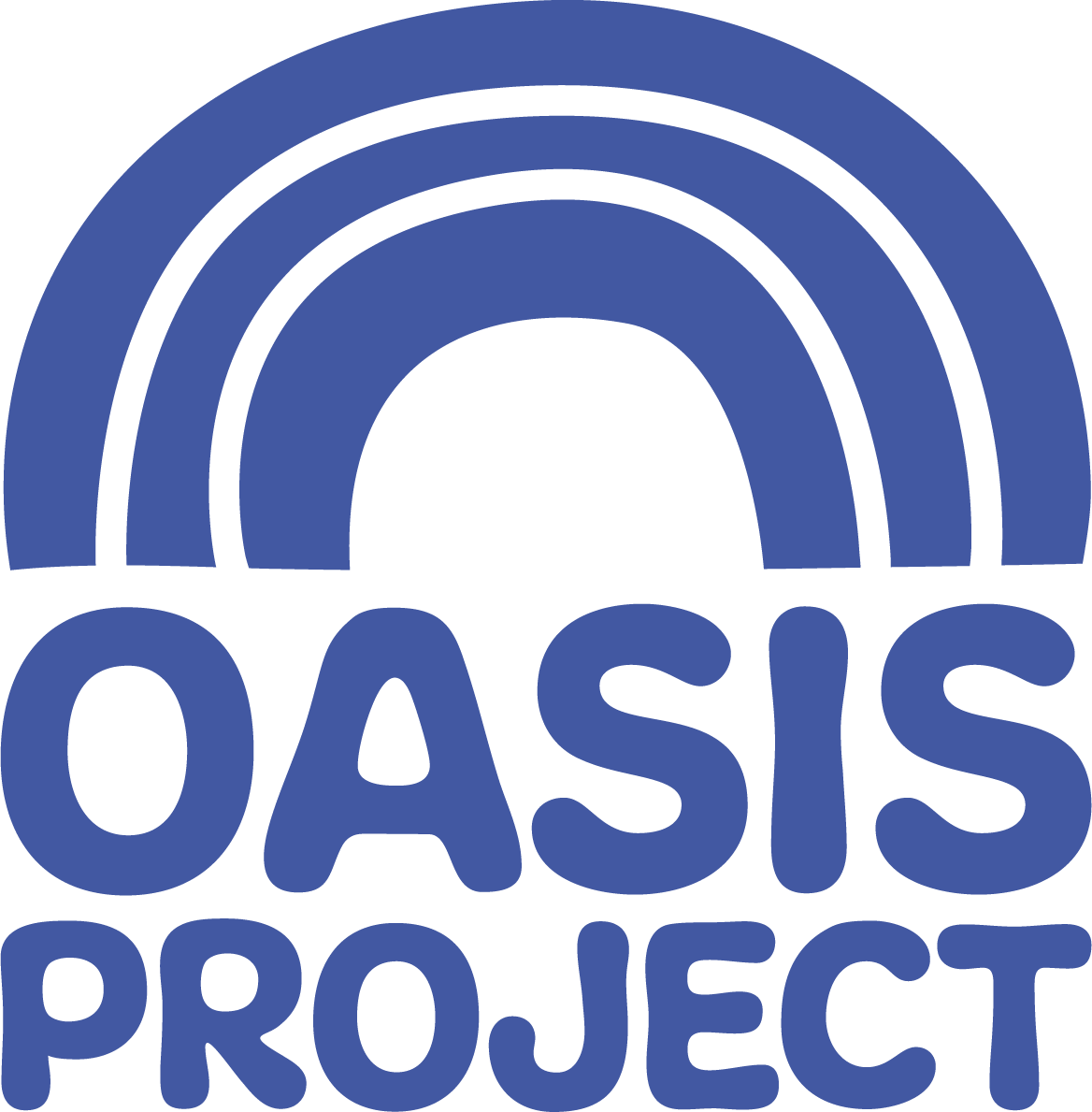Children of Alcoholics Week: An Interview with Creche Supervisor Joyce

What is the service you work in?
I run the creche within Young Oasis, which is a open to children and young people from the age of 0 -14 to attend while their parent or carer is accessing support to address their drug or alcohol misuse.
What is your role within the Creche?
My role is to ensure that the delivery of the creche runs as smoothly as possible, which includes supporting staff, liaising with parents and managing risks. I also liaise with other professionals within the community.
Who is the Creche for?
The creche is available for the children of parents and families who are seeking help and support within the community to address their substance misuse. We provide free, quality childcare to these children to give them a really good experience and to ensure childcare does not become a barrier for parents sustaining their recovery.
What are some of the issues, that a child of an alcoholic may be facing?
Alcohol misuse in the family can affect children in a number of ways. Children may experience violence and abuse at home and may be at a higher risk of neglect and they may have attachment difficulties. They may find themselves having to care for their parent or for a sibling.

How does your service benefit children of alcoholics and why is it important?
The creche gives children stability. We understand the fear and anxiety that children may be feeling. Coming to t
he creche helps to ensure that children are not isolated, especially those who are under the age of 5 and so not yet at school. Our aim is to help children to meet their developmental milestones, find their voice, learn about themselves and others through play communicate their feelings.
Can you tell us one thing we should all be aware of about children of alcoholics?
I think it is important to have a good understanding and better recognition of the trauma that some of these children have experienced, so we can avoid re-traumatisation. It is important to go back to basics with children of alcoholics and instead of trying to ‘fix’ things, first recognise what is happening, understand that different children and families will be affected in different ways and adapt our response accordingly. I think that overall, our response should be timely and family-centred.

